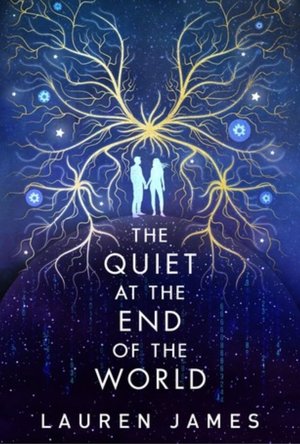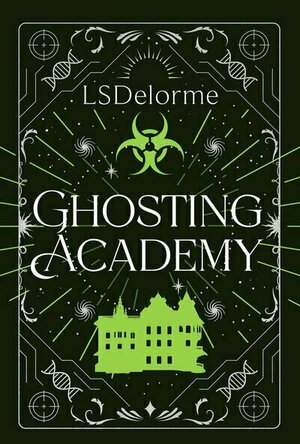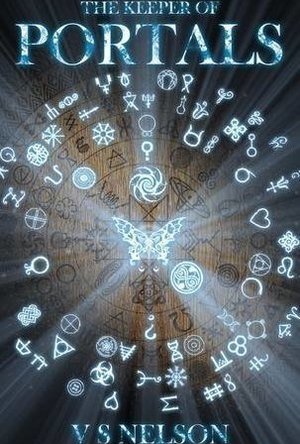Phillip McSween (751 KP) rated The Shape of Water (2017) in Movies
Mar 29, 2019
Acting; 10
Beginning: 10
Characters: 10
Cinematography/Visuals: 10
Conflict: 10
Strickland (played by Michael Shannon) ensured that strong action and tension remained throughout the film. Every scene he is a part of leaves you waiting for something bad to happen. The two opposing sides, those wishing to destroy the creature and those wishing to save it, are locked in a game of cat-and-mouse until the last twenty minutes when it’s more like a head-on collision. There were quite a few close calls that had me wondering whether or not the protagonists would make it.
Genre: 10
Just a beautiful film for the ages. Call it a drama. Call it fantasy or even science fiction. Wherever it’s classified, it hangs up there as one of the very best. Checks all the boxes and does so many things extremely well.
Memorability: 10
Guillermo Del Toro has a way of leaving an impression on your brain with his visual imagery. The movie is just stunning to look at in so many ways with a number of shots that you can’t forget. Del Toro has created a home for the weirdo here, a place of comfort for those that are different from the norm. It’s a movie so unique in its charm that it’s near impossible to shake.
Pace: 10
Plot: 10
Resolution: 10
Overall: 100
The Shape of Water has a charm you can’t get away from. When it won Best Picture, I was shocked and upset. That was, of course, before I had actually seen the movie. I get it now. A true classic.
ClareR (6067 KP) rated The Quiet at the End of the World in Books
May 29, 2019
It’s a ‘soft apocalypse’. A drift into the end of human kind. An exploration into what it is to be human, and ultimately: would the earth be better off without us on it? We all know the answer to that really, don’t we?
Lowrie and Shen are the two youngest and last born humans on Earth. A seemingly harmless virus rendered the entire human race infertile, although some already fertilised embryos remained. Lowrie and Shen are the last two babies born from those embryos. And there has been no cure discovered for the virus.
I really enjoyed this book. It was a refreshingly gentle take on apocalypse - no one is killed, no cannibalism, there are no murderous dictators. In fact everyone gets along and works together as a community.
There are some great characters other than the main ones: Mitch, the lifeguard robot who communicates using flashing colours is one in particular. I loved the records of Lowrie and Shen’s found objects at the start of each chapter as well. A real mix of the ancient (to the reader as well) and the modern (to the reader alone!).
A very thought provoking read in these times of climate crisis, and told in a way that makes it accessible to both young and old.

Audible – audio books, original series & podcasts
Book and Entertainment
App
Welcome to Audible. We’re an Amazon company, and home to an unmatched selection of audio books....
Books on tape narrarated books audio for books
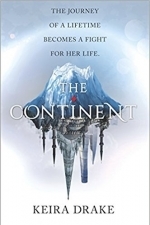
The Continent: The Continent Book 1
Book
"Have we really come so far, when a tour of the Continent is so desirable a thing? We've traded our...
science fiction fantasy young adult
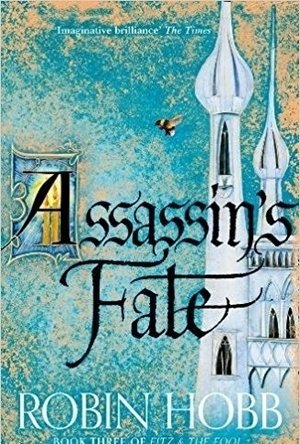
Assassin's Fate
Book
The much-anticipated final conclusion to the Fitz and the Fool trilogy. Prince FitzChivalry...
Science fiction

Feral for Love (Ruthless Alliance #0)
Book
Marti, a self-proclaimed book nerd and science fiction enthusiast, spends her days running her...
Fantasy Romance Fated Mates Shifters
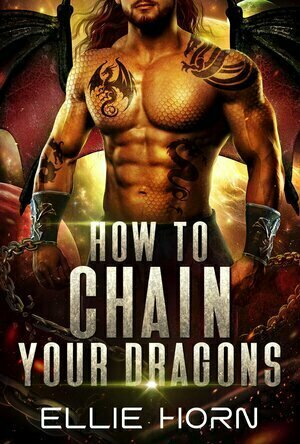
How to Chain Your Dragons
Book
MOVE OVER LITTLE GREEN MEN—THERE’S A NEW ALIEN IN TOWN. With Earth now occupied by monsters...
Reverse Harem Dragons Shifters Science Fiction Romance Post Apocalyptic
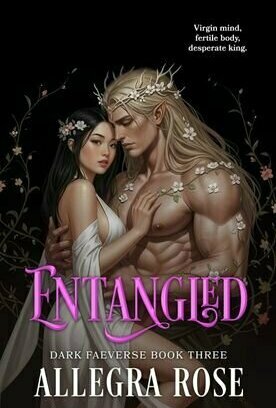
Entangled (Dark Faeverse #3)
Book
Virgin mind, fertile body, desperate king. Dr. Maya Nakamura has always lived in her sister's...
Erotica Fantasy Omegaverse Dub Con Non Con Dark
Merissa (13765 KP) rated Ghosting Academy (The Limerent Series #4) in Books
Jan 12, 2026
Her life has changed a lot since her time with Clovis. She now works for the Academy as an operative, using her abilities on their behalf. She lives with other operatives, called a Pod, who are as close as a family, although they are not allowed to talk about their abilities or to ask too many questions.
I was enjoying the book immensely and was overjoyed when Caio made an appearance, but it didn't quite hit the same mark as the others for me, once they were on the island.
Don't get me wrong - the story is a mix of fantasy and science fiction, with old characters playing cameo roles. I loved the mentions of Sarah and seeing Lazlo and Victoria again, BUT it was the Academy itself that lost my interest. It became the Big Bad in such a way as to become almost ridiculous.
Another thing that is different about this book is that it ends on a cliffhanger, so consider yourself warned! There are many threads still loose, and I am desperate to know what happens next.
Ms Delorme is an amazing writer, and I love losing myself in her worlds. I look forward to continuing with this series to find out what happens next.
** Same worded review will appear elsewhere. **
* A copy of this book was provided to me with no requirements for a review. I voluntarily read this book; the comments here are my honest opinion. *
Merissa
Archaeolibrarian - I Dig Good Books!
Jan 12, 2026
Hazel (1853 KP) rated The Keeper of Portals in Books
Dec 17, 2018
Awaiting young adult readers in early 2017 is a fantasy story unlike any other. <i>The Keeper of Portals</i> is the debut novel of V.S. Nelson, the soon-to-be-published author with an imagination worth sharing. Incorporating the familiar concept of time travel into a new way of visualizing the world results in a story that will leave minds reeling.
Nelson’s theory is that every aspect of life has a keeper, a creature in charge of making sure their assigned element functions smoothly. There are the major keepers responsible for time, causality and other things that cannot be seen, yet objects as small as buttons have their own keeper, too. Humans, of course, are unaware of these keepers, therefore fifteen-year-old Martin Lockford initially believes he is going mad when the Keeper of Portals reveals his existence in Martin’s bedroom.
Martin and his mother, with nowhere else to go, have moved into a dilapidated manor once owned by a distant relative. Whilst exploring his new room, Martin is startled by a disembodied voice claiming to be the Keeper of Portals. Having not spoken to anyone for 400 years, Portals is eager to show off his role in the flowing of the unpredictable universe. The keeper’s task is to make sure each door leads to the correct place – something that he demonstrates by sending Martin to the <i>wrong</i> places. However, there is one door in the manor that he has been unable to open.
The very next morning, Martin awakes to discover the sealed door is no longer locked and, being the curious boy that he is, goes through to explore. The mystery door does not only transport Martin to a different place, it sends him back in time to 1623. Here he meets the young Isabel, a maid, who is intrigued with the inventions of the future, especially from a personal hygiene perspective. However, she is not the only one curious about the 21st century.
The irascible master of the manor is not who he initially seems. With the desire to control everything, he places Martin and Isabel in a grave predicament, trapping them in the 17th century. At risk of creating a paradox, Martin needs to return to his own time – a difficult feat in itself – however, with the Keeper of Portals missing, the master has caused many problems that need to be solved, otherwise a whole new future will be born.
Admittedly, it takes a while for the story to warm up – the reader may be introduced to the idea of keepers fairly early on, yet the key storyline does not reveal itself until much later. After perseverance on the reader’s behalf, <i>The Keeper of Portals</i>, becomes an exciting mix of fantasy and science fiction, cleverly thought out to create an unpredictable scenario. Adventure after adventure, until bittersweet conclusion, keeps readers engaged and compelled to read on long after bedtime.
Although Martin is the protagonist of the novel, Isabel’s role is equally important. Despite women in the 1600s being deprived on the rights they have in this day and age, Isabel is an intelligent, independent girl, perfectly able to handle everything that is thrown at her. She is an inspiration to teenage girls.
Written with teenage readers in mind, <i>The Keeper of Portals</i> is suitable for fantasy-loving adults, too. With equipoise of adventure and intellectual theory, as well as a touch of romance, it is definitely a book to look out for. V.S. Nelson writes with clarity, exuding remarkable intelligence; let us hope that there will be more from where this came from.

